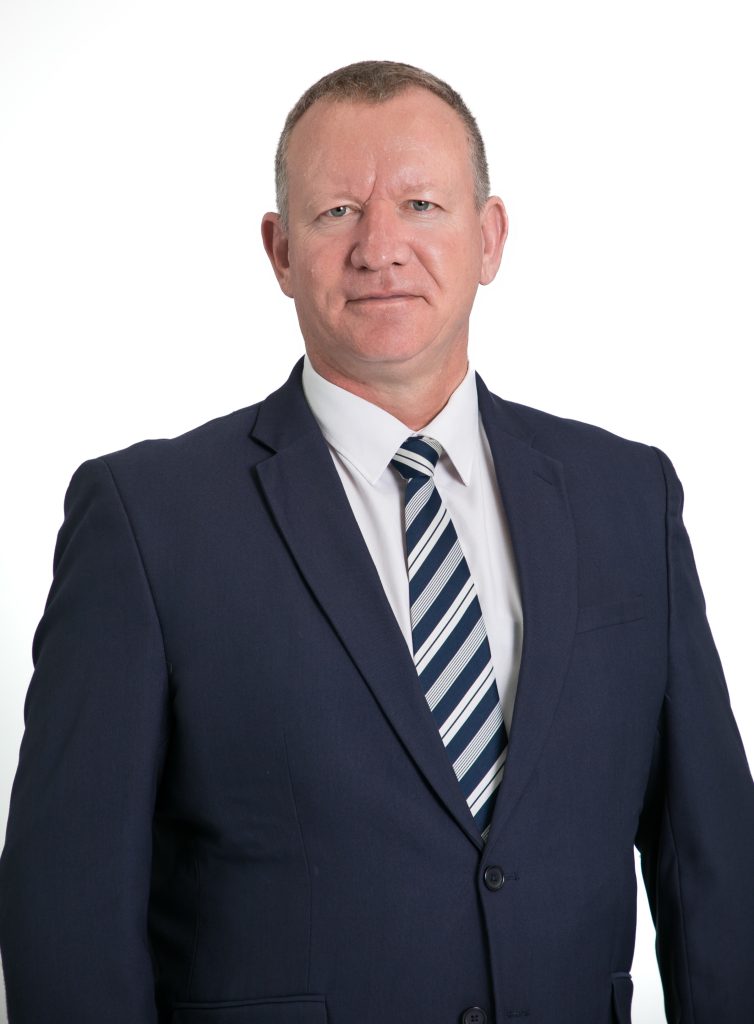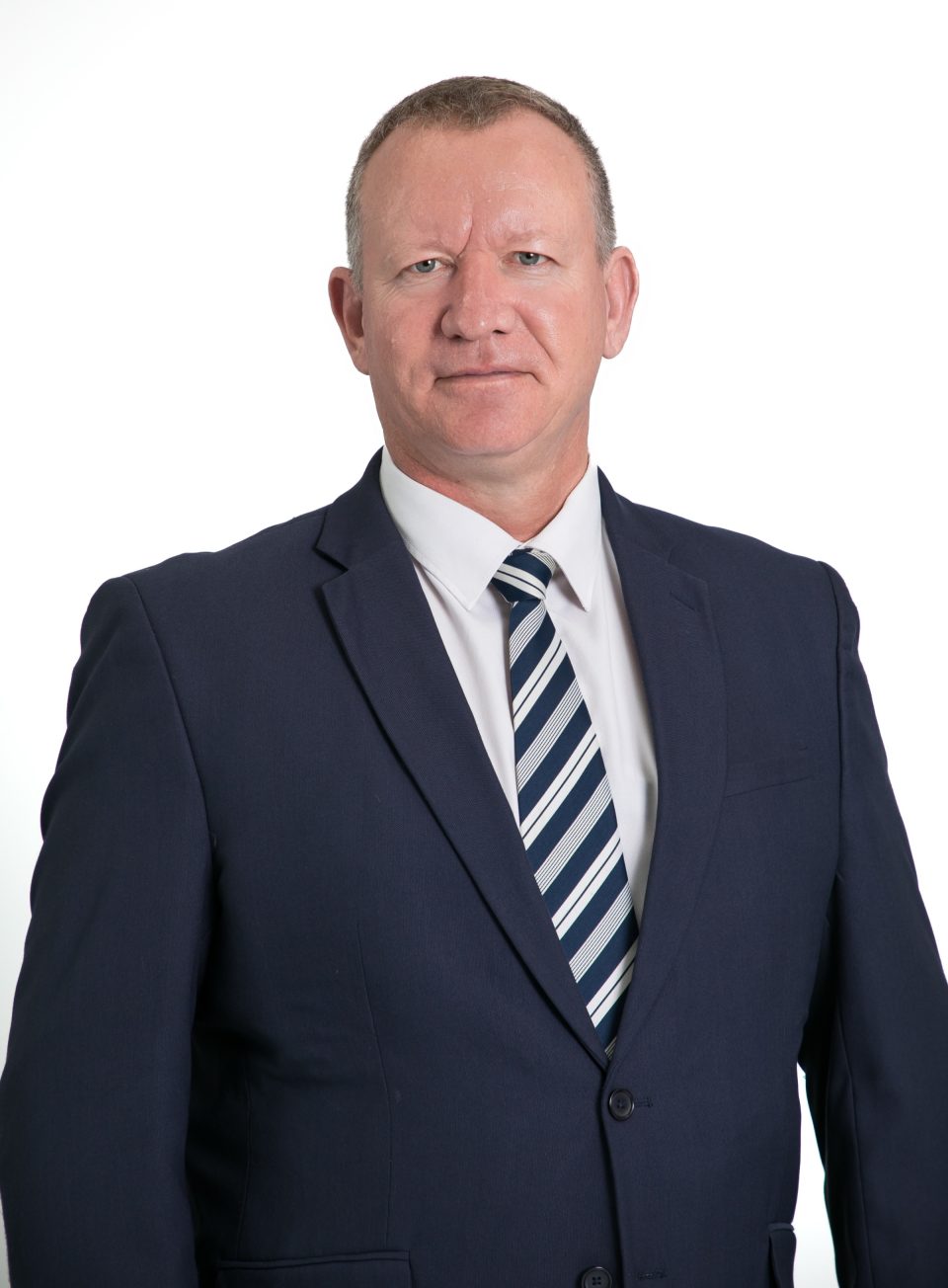
Stephan van der Merwe
The Cape Town Cycle Tour, the largest timed cycling event in the world, sets an example for large-scale sustainability efforts. A cyclist, gliding effortlessly through nature, is a powerful symbol of harmony with the environment. This image resonates deeply in a world increasingly focused on sustainability, and the Cape Town Cycle Tour highlights exactly that – as an environmentally friendly event that aligns with people’s values.
As a partner, Standard Bank is a proud supporter of this event, which showcases the bank’s commitment to sustainability. For local businesses, particularly small and medium-sized enterprises (SMEs), the event highlights the importance of adopting sustainability practices in their operations. Standard Bank’s partnership with the Cape Town Cycle Tour underscores its commitment to supporting health, wellness and community engagement through one of the world’s prestigious cycling events.
For SMEs, sustainability is not a luxury but a necessity. As local businesses face increasing pressure to adapt to environmentally conscious practices, those who fail to integrate sustainability into their operations risk being left behind. Like cyclists preparing for a challenging route, businesses must develop long-term strategies that embrace sustainability if they want to remain competitive in an evolving market.
When it comes to the Cape Town Cycle Tour for Standard Bank, sustainability is built on three pillars. First, the bank supports the environment through the cycling event itself as it promotes eco-friendly practices and reduces environmental impact. Second, the proceeds from the event go to supporting social causes, particularly those focused on environmental conservation and community upliftment. Third, Standard Bank ensures it support its clients through the sustainable transition, promoting sustainable business growth to assist business owners navigate sustainability with ease.
The Cape Town Cycle Tour operates with an ambitious Environmental Management Plan aimed at reducing waste, promoting recycling and limiting disruption to sensitive areas like World Heritage Sites. Proceeds from the event are directed toward charities and local projects, especially those focused on environmental conservation and community upliftment. As at 2024, in excess of R130 million had been distributed to charities through the Cape Town Cycle Tour. The initiatives of the race align with the broader need for SMEs to embrace sustainability. From shifting to eco-friendly packaging to sourcing sustainable materials, businesses must take deliberate steps to reduce their environmental impact. Much like cyclists navigating challenging terrain, SMEs must plan carefully, optimise resources and adjust to an ever-evolving market in order achieve sustainable growth.
For SMEs, the challenges and opportunities presented by sustainability are similar to those faced by cyclists. Both require resilience, agility and a commitment to long-term goals. As businesses adopt sustainable practices, they align with consumer demand and regulatory expectations. Those who fail to embrace sustainability will struggle to remain relevant, much like cyclists who do not adequately prepare for their ride. Local businesses are under increasing pressure to adopt green practices, whether it’s reducing carbon footprints, moving toward renewable energy, or improving waste management. These efforts, while crucial, come with both risks and rewards. Businesses that adapt to these demands stand to reduce costs, improve operational efficiency, and attract environmentally conscious consumers. Conversely, those that don’t, risk losing market share and falling behind the competition.
Sustainability offers both opportunities and risks for SMEs. On the one hand, businesses that invest in green technologies and sustainable practices can reduce operational costs, improve efficiency, and tap into the growing market for eco-friendly products. On the other hand, businesses that fail to adapt could face higher costs, stricter regulations and loss of market share. Whether it’s adopting energy-efficient technologies or restructuring supply chains, businesses need to integrate sustainability into their core operations to stay competitive.
As the Cape Town Cycle Tour demonstrates, sustainability is a long-term strategy that requires the support of multiple stakeholders. Financial institutions like Standard Bank’s Business and Commercial Banking (BCB) play a critical role in helping SMEs adopt sustainable practices. Standard Bank offers tailored financial products and advice to businesses, enabling them to transition to greener practices while maintaining financial viability. The bank also supports its clients in their transition to becoming more sustainable. For businesses across Africa, its financial solutions are designed to support sustainable growth. Whether through funding for green projects or tools to track environmental impact, BCB helps SMEs navigate the complexities of sustainability, enabling them to remain competitive in an evolving marketplace.
The Cape Town Cycle Tour offers a valuable opportunity for SMEs, that sustainability is not a passing trend but a vital component of long-term business strategy. Local businesses must begin integrating sustainability into their operations or risk falling behind. Businesses that embrace sustainability now will be better positioned to weather future challenges and capitalise on emerging opportunities. Stephan van der Merwe reinforces this message: For SMEs, sustainability is not a luxury but a necessity. As local businesses face increasing pressure to adapt to environmentally conscious practices, the message is clear: those who fail to integrate sustainability into their operations risk being left behind. Like cyclists preparing for a challenging route, businesses must develop long-term strategies that embrace sustainability if they want to remain competitive in an evolving market.
Much like cyclists preparing for the most challenging courses, local businesses must be proactive in planning for the future, adopting sustainable practices and facing the challenges ahead-on.
Stephan van der Merwe, Head of Commercial Banking Suite (Western & Eastern Cape) at Business and Commercial Banking, Standard Bank South Africa.He writes in his personal capacity.
INFO SUPPLIED


